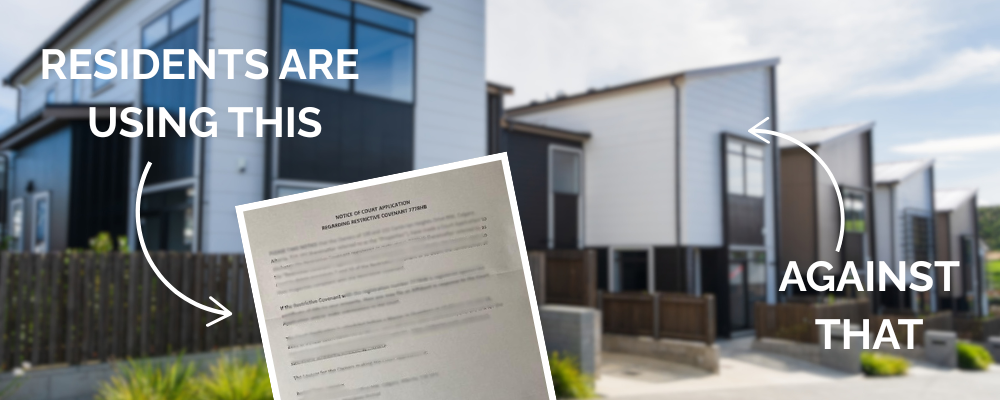
It’s been a year since Calgary approved blanket rezoning to allow rowhouses and townhomes (R-CG and similar) across all residential areas. The intent? Improve housing affordability and choice by enabling higher density.
So, was it a big change? On paper, absolutely. It’s now possible to build multi-unit infills in nearly every established neighbourhood, something that would’ve taken months of individual rezoning applications in the past. But in practice, the shift (at least so far) has been modest at best. Why?
Caution to Develop in New Areas
While the new zoning opens the door for more density across the city, many builders remain cautious of building outside of established infill areas given uncertainty around resale value and buyer demand.
A Softer Rental Market
Over the last year, the rental market in Calgary has seen a significant shift, now experiencing an abundance of inventory and falling rents. This has led some multi-family developers second guess moving ahead on their projects, citing concern about rental pricing and project feasibility.
Community Pushback
Some communities are banding together and pushing back on development in their areas. A highly vocal community can be disruptive to a builder and developer who is attempting to design and execute on a project, and word can spread through the building community that some areas are just not worth the extra time required to work on a project in an area that is opposed to development.
SO WHAT'S THE DEAL WITH RESTRICTIVE COVENANTS?

We're seeing more organized resistance from residents who want to preserve the low-density character of their streets, despite city-wide zoning updates. Many of these communities are looking towards restrictive covenants as the solution.
So what is a restrictive covenant (RC)? Essentially, it is a restriction on use that is registered on the title to a property, and therefore becomes enforceable across future ownership of the property. Some communities are asking all community residents to have a restrictive covenant registered on their titles to restrict density and future developments.
So do they work? In short, they can - but only if adopted by a community in large numbers. As each individual homeowner must opt in, development can still occur on lots that have chosen not to do so or that haven’t gotten around to it. Homeowners cannot impose restrictions on their neighbours, only themselves.
So do they work? In short, they can - but only if adopted by a community in large numbers. As each individual homeowner must opt in, development can still occur on lots that have chosen not to do so or that haven’t gotten around to it. Homeowners cannot impose restrictions on their neighbours, only themselves.
Have questions about zoning or redevelopment in your community? We're here to talk.




